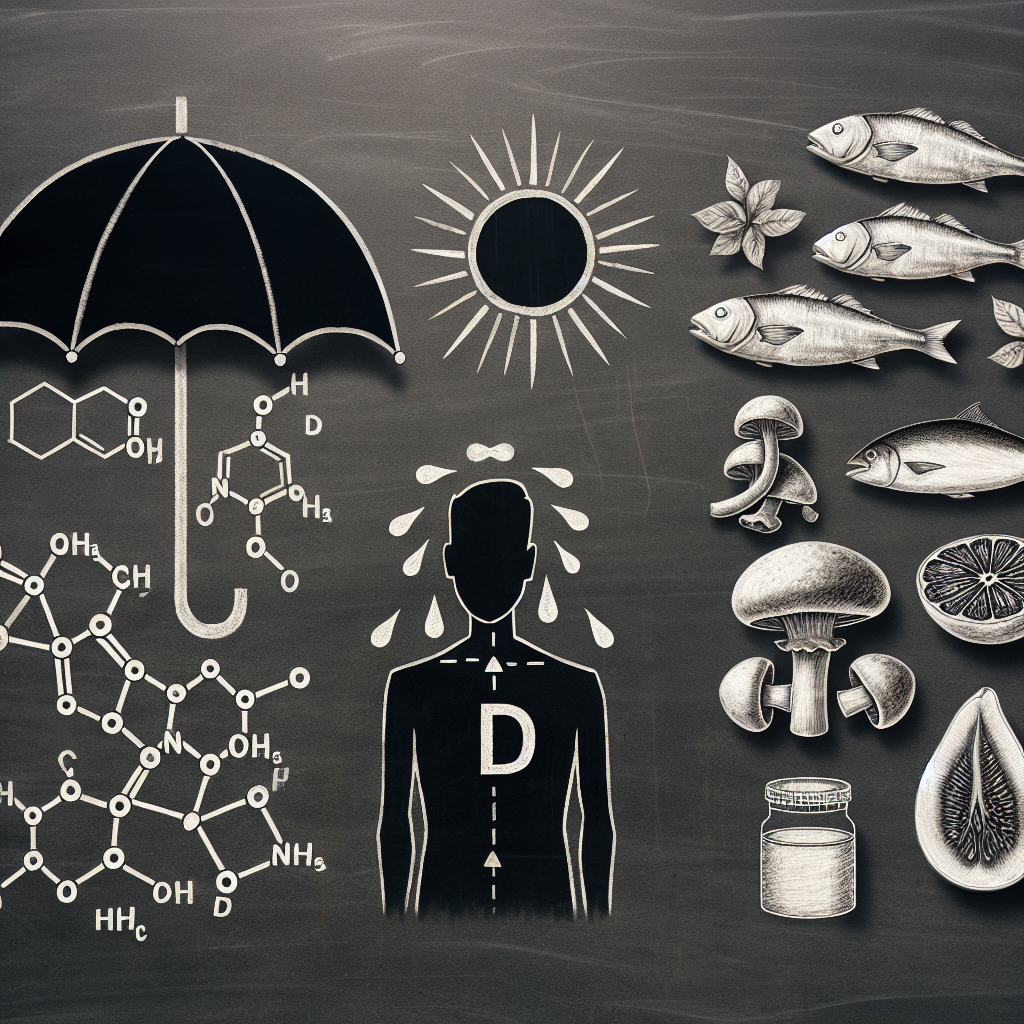Shedding Light on Vitamin D: A Hopeful Defender Against Colorectal Cancer?
This article discusses the potential role of vitamin D in colorectal cancer prevention and treatment. While observational studies show promise, randomized controlled trials have produced mixed results. The importance of maintaining adequate vitamin D levels through sun exposure, diet, or supplements is emphasized as part of a comprehensive health strategy.

- Country:
- Canada
Cambridge, UK - As rates of colorectal cancer (CRC) continue to rise, particularly among younger adults, research into the role of vitamin D as a preventative measure offers new insights and hope. While historical studies have linked low vitamin D levels to higher CRC risk, the medical community remains cautious pending additional randomized controlled trials.
Recent findings from studies involving over 12,000 participants indicate those with low vitamin D levels face a 31% greater risk of developing CRC. Despite promising observational and mechanistic studies, the reliability of vitamin D as a singular preventive measure is questioned, given inconsistent results from randomized controlled trials such as the VITAL trial.
Experts caution against viewing vitamin D as a panacea. Instead, they advocate for balanced health strategies combining regular screenings, a healthy lifestyle, and adequate vitamin D intake through sun exposure, diet, or supplements, ensuring robust preventive measures are firmly rooted in evidence-based practice.
(With inputs from agencies.)










